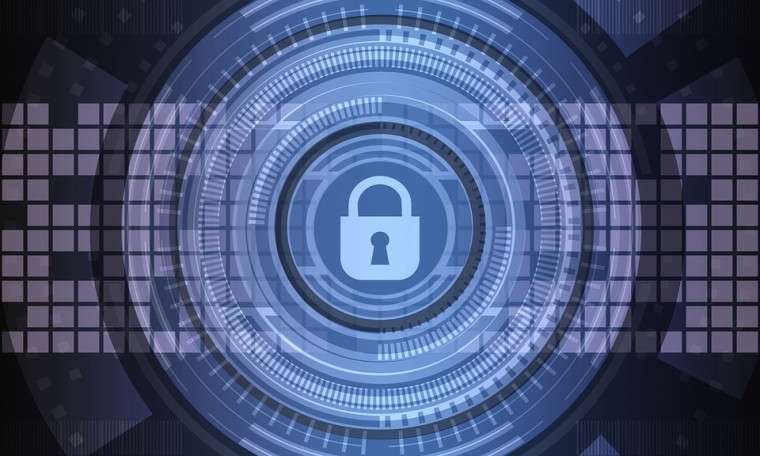Where to store your backups
You may be wondering where to store your backups. Many companies have multiple servers with a backup dedicated server. Employees do not need to store their data on the same server, as all the work they do is stored on the company server. On the other hand, when that employee leaves the company, the hard drive is erased so that it can be used by the next employee.
However, this storage management strategy does not imply that backups do not have to be made. The data that is stored on the employee’s computer must be recovered so that, in the event of any system error, no work is lost if the data has not been sent to the central server.
Where to store backups?
At this point, we are faced with the question of where to store backups.
- USB flash drive or external hard disk
- Employee’s computer
- Company server
- External server
- Cloud server
Let’s see what are the risks and advantages of storing the data of each computer in each of these, and which storage solution is more suitable for your business.
1. External hard disk or USB
The option used by companies that want to make quick and easy backups is to use a USB or external hard drive. Each employee is responsible for making their own backups. Many times it is done without following an automated backup strategy, nor a set dates or times when the employee must save the data.
There are several drawbacks to this data storage strategy . One of them is that external devices (USB, external hard disk…) are sensitive hardware elements that can be damaged, exposing our data backups at risk. Another problem that can arise is that if the system has a malware problem it can pass to the hard disk, affecting our backups.
2. Employee’s computer
Another possibility is that you could store each employee’s data on each employee’s computer. The backups would be stored on the employee’s own computer. This is clearly a bad idea, because one of the objectives of any backup is precisely to have an online storage server where data can be restored in case it is lost.
If the data is stored on the employee’s own computer, although accessing it may seem easy, it involves numerous cybersecurity risks. If you lose access to that computer and need to format it, you could lose the data. If malware is present, it could also affect the backups.
3. Company server
The third option used by companies to store their backups is the company’s own server. In this way, employees have their computer equipment on which they perform the various tasks they need to carry out and an automatic and encrypted backup is made on the company’s server.
This storage method has advantages and disadvantages. The advantage is that the company server is an external system, so that if any technical problem occurs with the equipment, it will not affect the server. The company will be able to restore data quickly and conveniently. In addition, if you schedule automatic backups, employees will not have to do anything so that the data is always protected.
On the downside, there are a few important points to note. First, your server is not scalable, it has limited space and resources. Backups take up space, and there will come a time when you may run out of space and need to change servers. Server latency can also be another problem, since you depend on a good Internet connection for the data to be saved.
4. External server
One of the alternatives to point 3 is to have a server only for backups. It would not be the same central server, where you store all your data, but a backup server where you can store everything you have on the first server. This method has great advantages, such as the fact that the backups will be in a space external to the equipment and the central server, in addition to the fact that it will not take up space on your company’s server.
The main disadvantage of having an external server for backups can be the cost, as well as scalability. Over the years, your server will fill up and you will need to store more and more data.
5. Cloud based storage
Cloud backups have significant advantages. They solve the problem of the lack of scalability of dedicated servers. Many companies evolve from the dedicated server to the cloud server in order to be able to have a larger amount of data stored.
However, this option can be the most expensive for small businesses. If the goal of your backups is to be able to restore the latest data, you don’t need to store restore copies from years ago. This model is only recommended for companies that need a large amount of data.
We invite you to contact us if you want to get advice about data backups.



